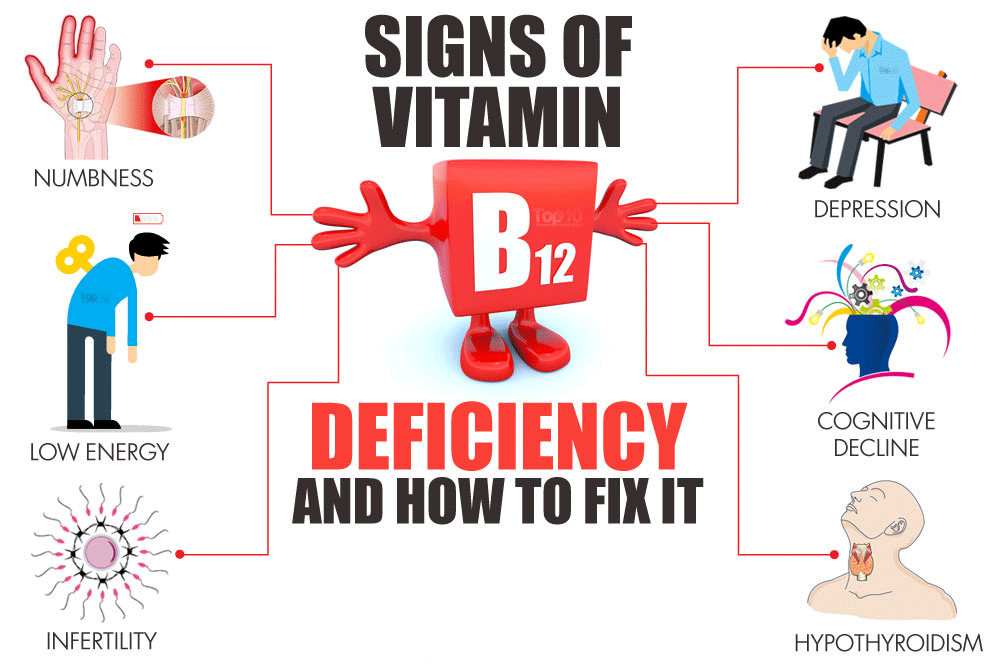DO YOU KNOW ABOUT B - COMPLEX ????????
WHAT IS B - COMPLEX?????
B complex refers to a group of vitamins that includes all eight B vitamins: thiamine (B1), riboflavin (B2), niacin (B3), pantothenic acid (B5), pyridoxine (B6), biotin (B7), folate (B9), and cobalamin (B12). These vitamins are water-soluble, meaning that they are not stored in the body and must be replenished regularly through diet or supplements.
B vitamins play important roles in many bodily functions, such as energy metabolism, nerve function, cell growth, and DNA synthesis. Because they are involved in so many processes in the body, a deficiency in any one of them can have negative health consequences.
Taking a B complex supplement may be beneficial for individuals who are not getting enough of these vitamins through their diet, or who have conditions that may lead to deficiencies, such as malabsorption disorders or certain medications that interfere with vitamin absorption. However, it's always best to consult with a healthcare professional before starting any new supplement regimen.
RECOMMENDED DOSAGE OF VITAMIN B -COMPLEX???
The recommended dosage of vitamin B complex can vary depending on age, gender, and other individual factors such as health conditions and medication use. However, in general, the daily recommended dietary allowance (RDA) for each B vitamin in adults is as follows:
- Thiamine (B1): 1.2-1.4 mg
- Riboflavin (B2): 1.3-1.6 mg
- Niacin (B3): 14-18 mg
- Pantothenic acid (B5): 5 mg
- Pyridoxine (B6): 1.3-1.7 mg
- Biotin (B7): 30-100 mcg
- Folate (B9): 400-600 mcg
- Cobalamin (B12): 2.4 mcg
It's important to note that the appropriate dosage may vary based on specific needs or health conditions, and higher doses may be recommended for certain individuals. Additionally, it's important to speak with a healthcare professional before starting any new supplement regimen, as some B vitamins can interact with certain medications or cause adverse effects in certain populations.
DISEASE OCCUR DUE TO DEFICENCY OF VITAMIN B -COMPLEX!!!!
Deficiencies in any of the B vitamins can lead to a range of health problems. Here are some examples:
- Thiamine (B1) deficiency: can lead to beriberi, a disease that affects the cardiovascular and nervous systems, as well as Wernicke-Korsakoff syndrome, a brain disorder that can cause memory loss, confusion, and other neurological symptoms.
- Riboflavin (B2) deficiency: can cause skin disorders, anemia, and vision problems.
- Niacin (B3) deficiency: can lead to pellagra, a condition that causes skin rashes, digestive problems, and neurological symptoms.
- Pantothenic acid (B5) deficiency: is rare, but can cause fatigue, weakness, and neurological symptoms.
- Pyridoxine (B6) deficiency: can cause anemia, skin problems, and neurological symptoms, including seizures.
- Biotin (B7) deficiency: can lead to hair loss, skin rashes, and neurological symptoms.
- Folate (B9) deficiency: can cause megaloblastic anemia and birth defects, and has been linked to an increased risk of certain cancers and cognitive decline in older adults.
- Cobalamin (B12) deficiency: can lead to megaloblastic anemia, neurological problems, and irreversible nerve damage if left untreated.
It's important to maintain adequate intake of all of the B vitamins to prevent deficiencies and associated health problems.
ALTERNATE NAME OF THE B- COMPLEX??
VITAMIN B 1 IS ALSO KNOWN AS BENFOTIAMINE
B complex is the commonly used term for the group of B vitamins that includes thiamine (B1), riboflavin (B2), niacin (B3), pantothenic acid (B5), pyridoxine (B6), biotin (B7), folate (B9), and cobalamin (B12). However, there are also other terms that are used to refer to B complex, including:
- Vitamin B complex: This term emphasizes that the B complex vitamins are a group of essential nutrients that are important for overall health and wellbeing.
- B vitamin complex: This term emphasizes that the B complex vitamins are a group of chemically related vitamins that are often found together in foods.
- B-complex vitamins: This term emphasizes that the B complex vitamins are a group of separate vitamins that have unique roles in the body, but are often taken together to support overall health.
All of these terms refer to the same group of vitamins, and can be used interchangeably.
HEALTH ISSUE DUE TO HIGHER DOSE OF VITAMIN B - COMPLEX.
WHILE VITAMIN B COMPLEX SUPPLEMENTS ARE GENERALLY CONSIDERED SAFE WHEN TAKEN IN RECOMMENDED DOSES, HIGHER DOSES CAN LEAD TO HEALTH ISSUES. HERE ARE SOME EXAMPLES:
- NIACIN (B3) IN HIGH DOSES CAN CAUSE FLUSHING, ITCHING, AND GASTROINTESTINAL DISTRESS. VERY HIGH DOSES CAN CAUSE LIVER DAMAGE.
- PYRIDOXINE (B6) IN DOSES ABOVE THE UPPER LIMIT OF 100 MG PER DAY CAN CAUSE NERVE DAMAGE, SENSORY NEUROPATHY, AND SKIN LESIONS.
- FOLATE (B9) IN HIGH DOSES CAN MASK VITAMIN B12 DEFICIENCY AND CAN ALSO INTERACT WITH CERTAIN MEDICATIONS, SUCH AS METHOTREXATE, A DRUG USED TO TREAT CANCER AND AUTOIMMUNE DISEASES.
- COBALAMIN (B12) IN HIGH DOSES IS GENERALLY CONSIDERED SAFE, BUT CAN INTERACT WITH CERTAIN MEDICATIONS AND CAN ALSO CAUSE SKIN RASH, ITCHING, AND DIARRHEA.
IT'S IMPORTANT TO FOLLOW THE RECOMMENDED DOSAGE GUIDELINES FOR VITAMIN B COMPLEX SUPPLEMENTS, AND TO SPEAK WITH A HEALTHCARE PROFESSIONAL BEFORE STARTING ANY NEW SUPPLEMENT REGIMEN, ESPECIALLY IF YOU HAVE UNDERLYING HEALTH CONDITIONS OR ARE TAKING MEDICATIONS THAT MAY INTERACT WITH B VITAMINS.
TO KNOW MORE CLICK BELOW LINK!!!
TO KNOW ABOUT VITAMIN C
TO KNOW MORE ABOUT VITAMIN E
TO KNOW ABOUT VITAMIN D
https://blogofpharmacist.blogspot.com/2023/04/side-effect-of-vitamin-d3.html




Comments
Post a Comment